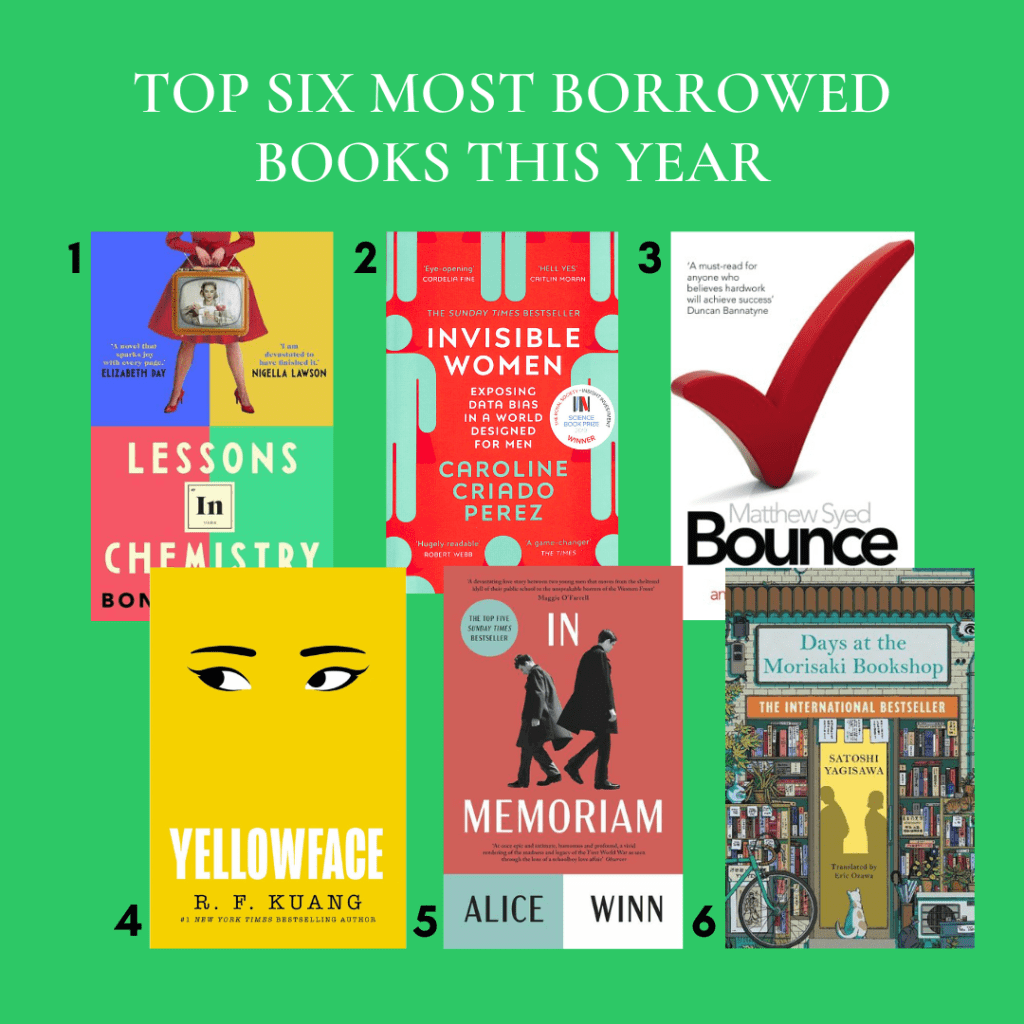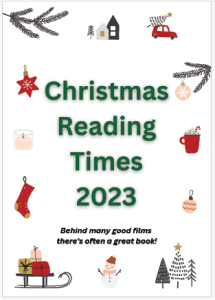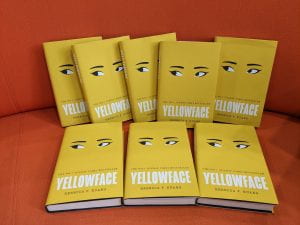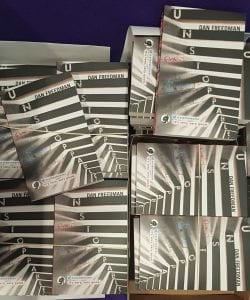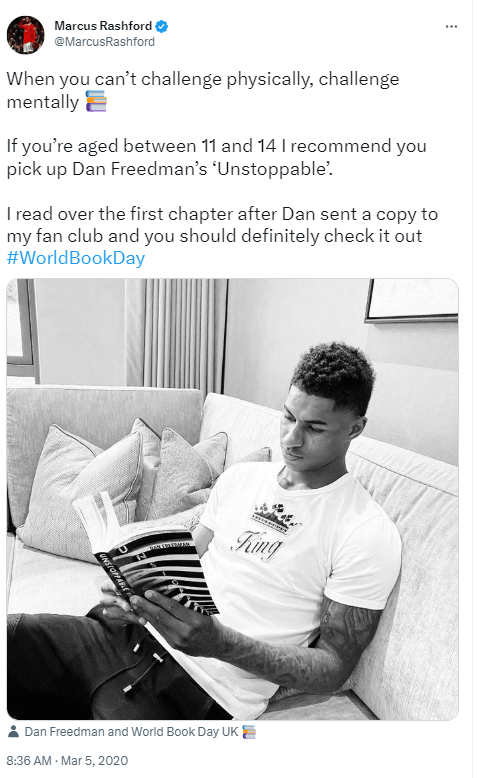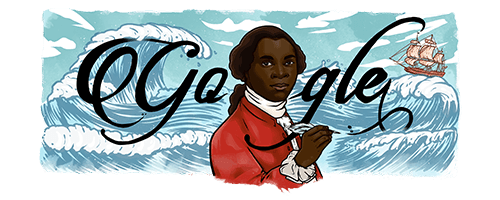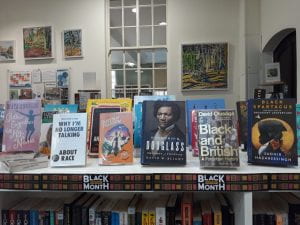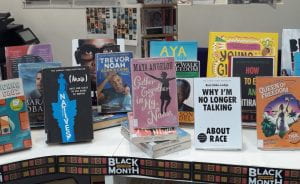Summer reading
One of the most valuable activities young people can do in the summer holidays to keep their brains ticking over and academic levels up is reading. As a school librarian I encourage choice and enjoyment in summer books. To encourage the reading habit – daily doses of reading are more likely to succeed. Parents have a key role to play – modelling reading and chatting about books. Do you talk about what you are reading with your children? Do you read with your children or to your children? What about a family shared read – something you all read and can’t wait to discuss with the others. Holidays without wifi can be a real help!
From our reading surveys our Y9 students prefer to read just before sleeping and during the holidays. Let’s maximise these times. One of my favourite holidays activities when my children were young was a family reading ‘siesta’; a half-dozing, half-reading, relaxing afternoon in companionable silence lounging together with our books.
Carve out some phone-free readaxation this summer!
For some reading suggestions have a browse of our most popular books this academic year.
Our Top Ten Authors
- Sarah J. Maas (multiple fantasy series)
- Neal Shusterman (scythe trilogy and Dry)
- Holly Jackson (Good Girl’s Guide to Murder and many more)
- Bonnie Garmus (Lessons in Chemistry)
- Alice Oseman (Heartstopper graphic novels plus many novels)
- Claire Keegan
- Richard Osman (Thursday Murder Club series)
- Agatha Christie
- Robert Muchamore
- Caroline Criado-Perez (Invisible Women)
